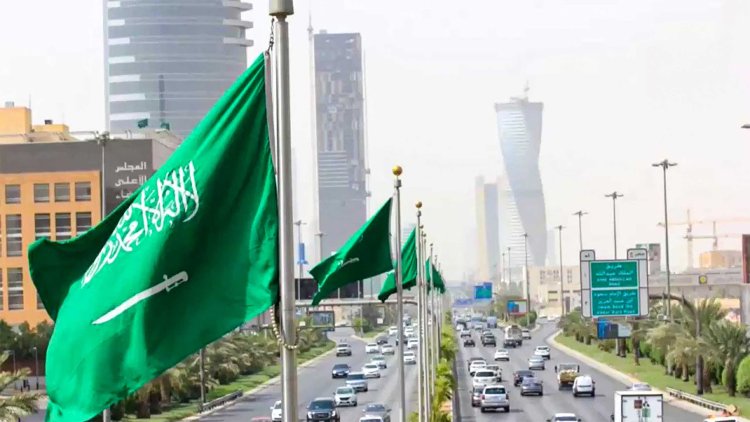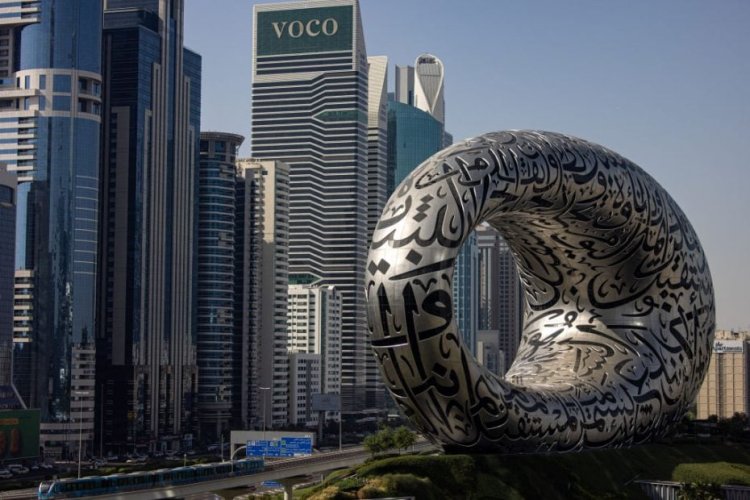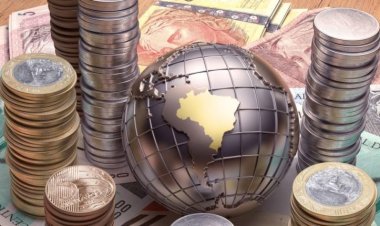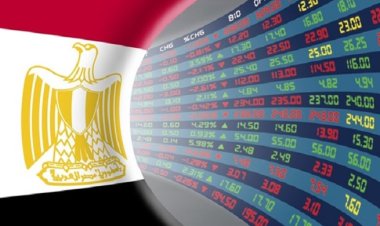Non-oil activities drive Saudi GDP growth
The Ministry of Finance expects the non-oil sectors to grow at a rate of 5.9% during 2023.

The non-oil sector will be the engine of growth for the economy of the largest oil exporting country in the world during the current year, which largely reflects the success of the Kingdom of Saudi Arabia in the policy of diversifying sources of income away from oil, which is one of the most prominent goals of the Kingdom’s Vision 2030.
The latest forecasts of the Saudi Ministry of Finance indicate that non-oil activities will grow at a rate of 5.9% during the current year, at a time when the ministry reduced its expectations for economic growth to 0.03% from 3.1%, which it attributed mainly to the voluntary reduction in the Kingdom’s oil production.
Non-oil sector
Saudi Crown Prince Mohammed bin Salman, in his interview last September with the American Fox News channel, noted the development of the non-oil sector’s contribution to the Kingdom’s gross domestic product, which helped the Saudi economy achieve the highest growth rate in 2022 among the G20 countries, as well as This sector recorded the second highest growth rate in 2023 within the group as well. He said that this "constitutes a competition between us and India, and it is a good competition."
Next year, the Saudi economy will achieve a jump in growth to 4.4%, then 5.7% in 2025, before slowing down slightly to 5.1% in 2026, according to the Ministry of Finance’s forecasts issued yesterday, Saturday.
The Kingdom had actually begun reducing oil production by one million barrels per day, starting last May, and then decided to extend this reduction until next December to support the stability and balance of global markets.
These cuts helped benchmark Brent crude rise above $90 a barrel during September. Higher prices would give the Saudi economy more space to maintain high levels of government spending, especially on huge projects that aim to diversify the economy and enhance the contribution of the private sector, and non-oil sectors in general, to the gross domestic product.

Structural reforms are continuing
In a statement published on the Saudi Ministry of Finance’s website on the occasion of the issuance of the preliminary statement for the fiscal year 2024 budget, Saudi Finance Minister Mohammed Al-Jadaan indicated the launch of many initiatives and strategies that contribute to developing economic sectors, enhancing investment attraction, and stimulating industries, in addition to raising the percentage of local content and exports. Non-oil Saudi Arabia. He also noted the effective and important role played by the Public Investment Fund and development funds, in addition to the continued implementation of structural reforms that enhance the growth of the domestic product of non-oil activities at high and sustainable rates in the medium term.
Al-Jadaan stressed that the Kingdom is continuing “the process of structural reforms on the financial and economic aspects, with the aim of developing and diversifying its economy, and raising rates of sustainable economic growth, while maintaining financial sustainability, by continuing to implement the programs and projects of Saudi Vision 2030.”
Investments and growth momentum
The International Monetary Fund recently praised the reforms implemented by the Kingdom within the framework of “Vision 2030,” noting that the growth momentum in the non-oil sector continues despite the decline in overall growth in general in light of the increase in investments and the acceleration of reforms.
The Fund also expected that the non-oil economic sectors in Saudi Arabia would maintain a strong growth rate of up to 4.9% during 2023, supported by domestic consumption, regardless of the decline in oil production.


 Shrouq
Shrouq 











